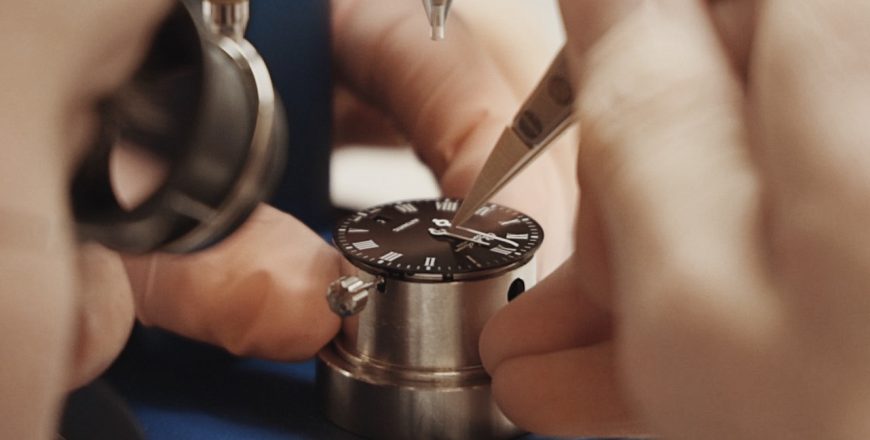
On a watchmaker apprenticeship course, you’ll help service and repair a range of watches, including quartz and mechanical, both manual winding and automatic.
You’ll learn to maintain and repair a wide range of timepieces, including quartz and mechanical watches with both manual and automatic winding.
As an apprentice, you’ll learn that the job is exceptionally delicate and skilled, requiring the use of hand and machine tools, as well as sophisticated testing equipment, to service and adjust the movement and refurbish the case so that it meets the manufacturer’s specifications.
As a watchmaker, you’ll service timepieces for a small company such as a jeweller, or as part of a team of watchmakers employed by a large service organisation.
To be eligible for membership in the British Watch and Clockmakers Guild, you must complete this apprenticeship.
What you’ll learn
On a watchmaker apprenticeship course, you’ll learn to:
- Demonstrate safe working practices while using tools, equipment, and materials, and identify and reduce workplace hazards and risks.
- Examine and interpret the manufacturer’s technical documentation (specifications, drawings, assembly techniques).
- Keep the tools and equipment required for watchmaker servicing in excellent operating condition.
- Remove and replace watch movements; refinish polished and grained surfaces of the watch case and bracelet; specify replacement parts; open various types of watch cases using proper tools, equipment, and procedures; remove and replace watch movements; refinish polished and grained surfaces of the watch case and bracelet; Reassemble and reseal watch casings (gaskets, lenses, pushers, etc.).
- Work following the firm’s and manufacturer’s procedures and standards; preserve correct records following corporate policy; talk professionally (both with customers and with the business); To boost your productivity, use your time effectively and look for learning opportunities from others and yourself.
Entry requirements
You’ll usually need:
- Depending on the employer, but likely GCSEs or equivalent qualifications.
- Apprentices without level 2 English and maths will need to achieve this level before taking the end-point assessment.
Assessment methods
The End Point Assessment consists of three distinct assessment methods:
- Practical Test
- Theory test
- Professional Discussion
Duration, level, subjects and potential salary upon completion
- Duration: 24 months
-
Level: 3 – Advanced Apprenticeship
- Relevant school subjects: DT
- Potential salary upon completion: £25,000 per annum
Apprenticeship standard
More information about the Level 3 Watchmaker Apprenticeship standard can be found here.
Apprenticeship end point assessment
For more information about the End Point Assessment Process, please read the Institute of Apprenticeships’ information page.
